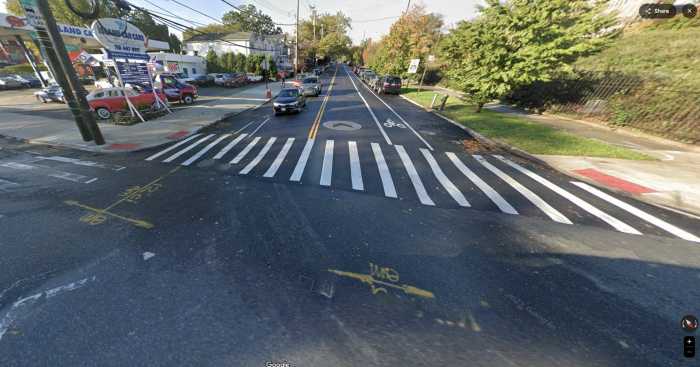Williamsburg’s rookie phenom councilman is swinging for the fences to get the developers of the Domino Sugar factory to scale back their project while maintaining the same number of affordable units — but the developers say he’s hit a foul ball.
At a City Planning hearing in Manhattan on Wednesday, Councilman Steve Levin (D-Williamsburg) called for 40 percent of the units in the project to be set aside at below-market rents — as well as cutting the entire mixed-used complex from 2,200 units to 1,600.
That ain’t going to happen, said Susan Pollock of Community Preservation Corporation Resources, which argued that it needs at least 70 percent of the project at market rates to keep the project financially viable.
“If the market-rate units are reduced, it would not [allow us to build so many] affordable units,” said Pollock.
The City Planning Commission is the latest stop for the $1.2-billion Domino Sugar proposal, as developers attempt to round the bases in the city’s land-use review process.
The project, which has earned praise from Mayor Bloomberg, has reached second base for the moment, after receiving an enthusiastic approval from first base umpire Borough President Markowitz earlier this month.
In March, the community board voted overwhelmingly against the proposal, as its leaders cited concerns against the project’s size and effect to local infrastructure — concerns that Levin echoed in his testimony to the City Planning Commission.
Levin compared Domino to another waterfront development, Schaefer Landing, which has 40 percent below-market rate — but was admonished by City Planning Commissioner Amanda Burden for making a comparison that was “apples and oranges” since Schaefer was developed on city-owned property and received public subsidies to achieve those levels.
“You’re a smart guy,” Burden, a strong supporter of the mayor, told Levin, “but you should know better.”
Levin and the project’s opponents hope to influence the agency to adjust Domino’s dimensions before it makes its recommendation to the City Council early next month.
Opponents of the project seem to have one at least a small battle, as there were some signs on Wednesday that the project’s developer would be open to eliminating some of the 1,700 parking spaces and setting aside the below-market-rate ownership units for families with even lower incomes than originally promised.
“We are working off the 2000 census for car ownership in Williamsburg, but we’re happy to accommodate a more realistic approach to parking,” said Pollock.
In the end, Levin was still swinging hard — and he has a key spot in the lineup, as councilmembers from all over the city tend to defer to the local representative on land-use issues.
“There is clearly a cumulative effect on the neighborhood to all this development. It is my opinion that the entire density of the project needs to be brought down significantly,” said Levin.





















